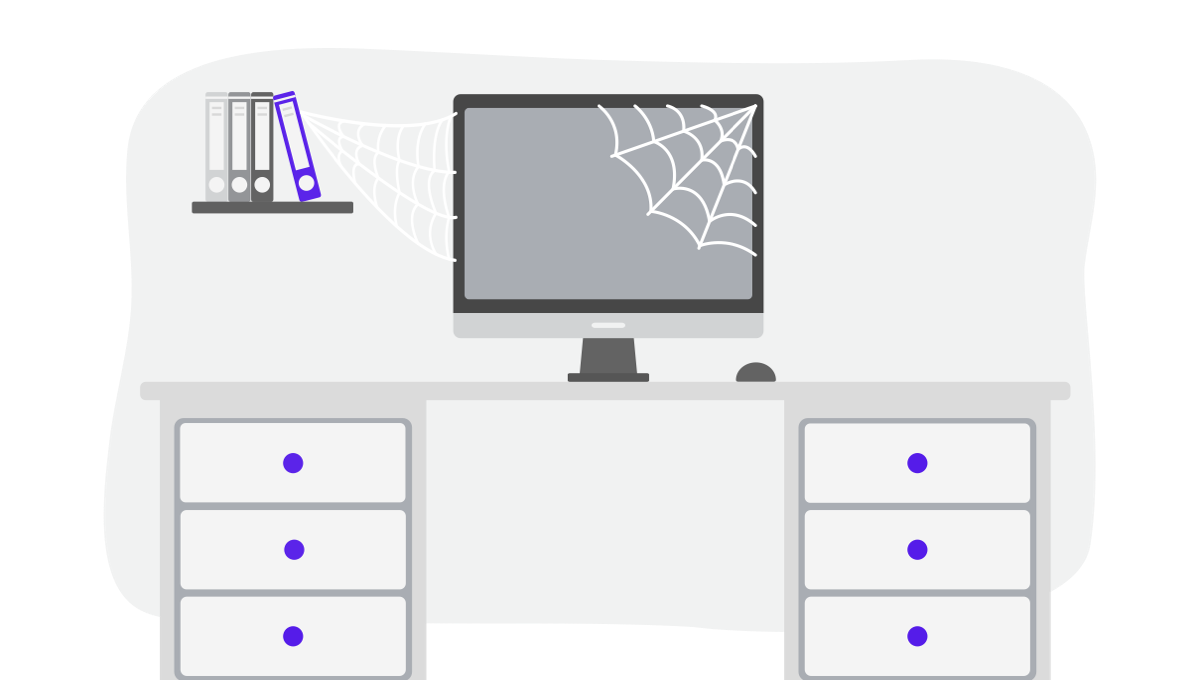4 Clues Your Bookkeeping Is Outdated

Bookkeeping and taxes are frequently cited as the most unpopular and time-consuming elements of owning and running a business. But good financial management is vital to business success. Accuracy in your bookkeeping alerts you to cash on hand, outstanding debts, and unpaid invoices; it also helps you set budgets and make projections. Small business owners tend to tackle the bookkeeping on their own, especially in the beginning, but as the business grows, many owners find the drain on time and energy to be counterproductive and, ultimately, untenable. Business owners who are spending a dreaded and unwieldy amount of time on the bookkeeping may have a system that is out of date and might benefit from an overhaul. Some clues the bookkeeping needs updating:
1. It is taking more time than it used to
Estimates vary widely regarding how much time a typical small business owner should allocate for bookkeeping. The amount of time required depends on many factors, including number of transactions each month, complexity of transactions, number of employees, and accounting method used. But when bookkeeping and accounting tasks begin to take valuable time away from opportunities to get more clients and grow your business, it’s time to make an update to a more efficient and less time-consuming approach.
2. Your numbers are sometimes off
The most important feature of good bookkeeping is accuracy. Your revenue and expenses need to be properly accounted for so that you can get an overall sense of your company’s financial health and remain tax-compliant. If you find that numbers don’t match when you go to reconcile your statements, your bookkeeping methods need to be examined. Data entry errors and calculation mistakes can create a false financial narrative; failure to update numbers across all channels will lead to conflicting financial reports with errors that take a lot of time to track and fix. Whether you use an accrual or cash-basis method, your accounting should remain consistent to reflect the same financial data. You cannot budget properly, calculate deductible business expenses, or project financial growth if your numbers do not add up.
3. You spend most of your bookkeeping time on paychecks
Paying your employees promptly and accurately is essential to running a business, but calculating payroll taxes and creating paychecks can also be time draining. One survey of small business owners found that 17% of small business owners who do the payroll themselves reported spending 6-10 hours per month on payroll duties, while 11% spent more than 10 hours.
Running payroll by yourself may have been feasible when your company was just starting up, but as your company grows and takes on more hires, payroll processing can become an unwieldy burden on time and energy. A plethora of online tools are available for small businesses to help streamline the payroll process. Cloud-based software can be accessed by businesses of all sizes to compute and file payroll taxes and assist with other necessary calculations so that paychecks are issued promptly and in far less time than if you tried to do it all yourself.
4. You are doing it manually
Many applications for businesses have moved online to offer affordable, easy-to-use solutions to virtually every aspect of business and financial management. Online accounting software takes the headache out of invoicing, expense tracking, account reconciling, and payroll processing. Many of these products on the market integrate with one another so that numbers can be input once and then updated across all channels in real time, thus saving time and improving accuracy. Unlike a lot of business software of the past that had to be downloaded and constantly updated, online accounting and payroll services can be accessed from any device in any location you have an internet connection. Their systems are maintained remotely so there is never any updating or maintenance on your part.
Businesses of any size—even small solo ventures—benefit from periodic evaluation of bookkeeping and accounting methods. If managing the finances takes a lot more time than it used to or has gotten more complex, some updating may be necessary. Online services can reduce time and hassle and make financial management streamlined and efficient. Using programs that work together means financial data is consistent and updated simultaneously in all statements. Checkeeper is a helpful addition to updated bookkeeping because it allows you to print all necessary business checks—i.e., recurring paychecks to your employees, checks to suppliers, rent and utility checks for your space, and one-time payments to freelancers, consultants, and contractors—right from your office in a matter of clicks. You can print an unlimited number of checks from unlimited number of linked accounts for the same monthly fee. The batch mailing option allows you have the checks printed for you and mailed to your office so that no supplies, paper, or printers are needed.